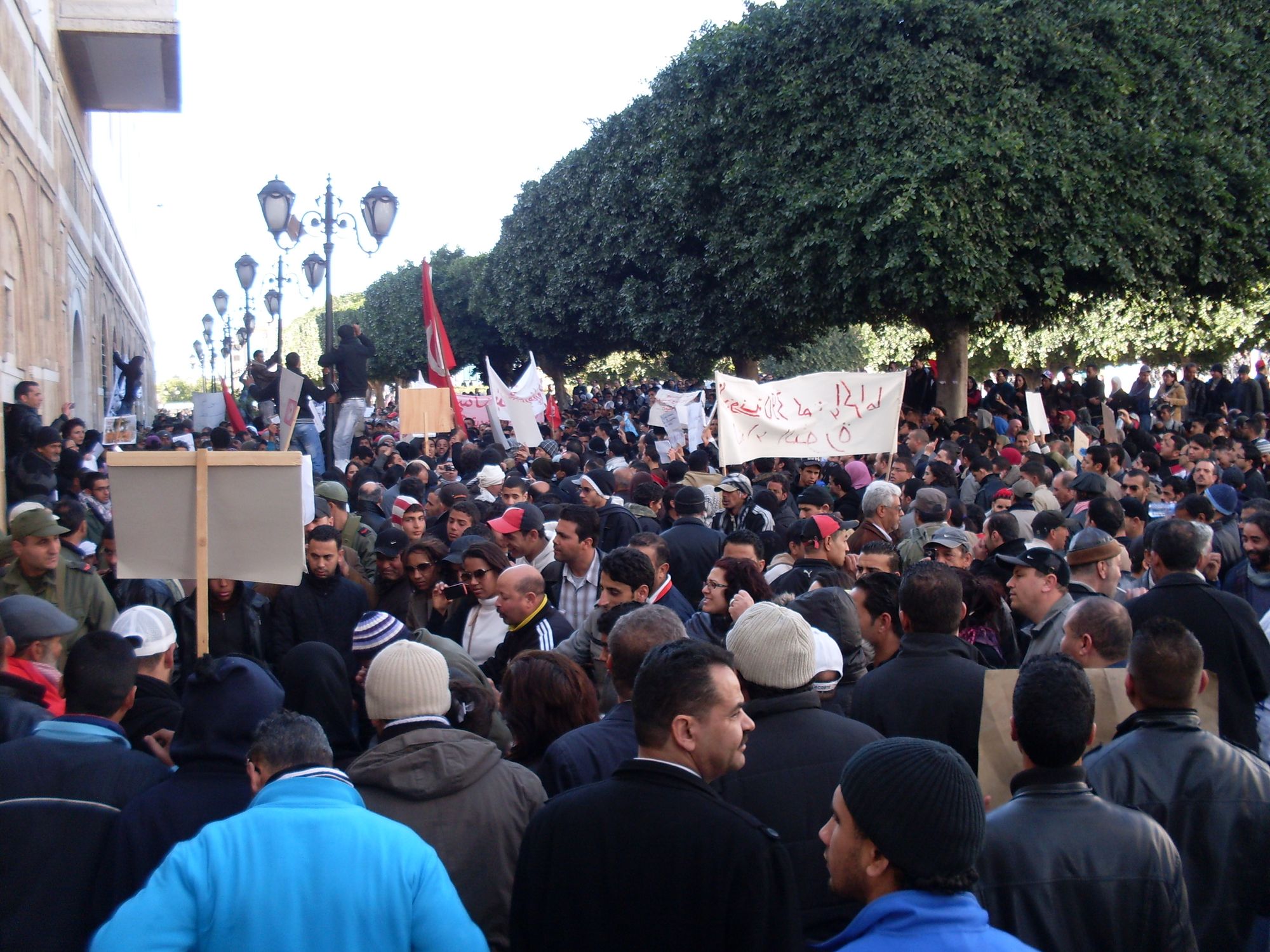

There were various actors-the army, the intelligence services, parts of the business elite, parts of the judiciary in Egypt-that plotted together to make it happen. Issandr El Amrani: I've never been a believer in the theory that the overthrow of Morsi and the restoration of authoritarians in Egypt was a long and carefully planned plot. Did you sense that this was a restoration by the intelligence services at the time? Did it feel like the public had just run out of patience with the ineffectiveness of the Morsi government? How did it feel, and then looking back, do you think something else was going on then? Jon Alterman: And you were in Egypt when Abdel Fattah al-Sisi came to power and pushed out the government of Muhammad Morsi.

I think a lot of us saw that coming, and looking back of course, I think one of the things that we underestimated as people who are political observers is that the public has a limited tolerance for the massive political disruptions that took place in those years, between 2011-2013. There was a lot of anxiety about what would happen after Mubarak, that the role of the army would probably once again be important. Maybe not knowing exactly that it would be the type of world event that was happening in so many countries at the time, but the sense that we had in the 2000s that the ‘this can't hold anymore, that there will be a shock,’ particularly in Egypt as the Mubarak regime was clearly nearing its end. I think what some of us got right though was in terms of seeing it coming. I think, like everyone who was caught in that moment, that I was over optimistic, over enthusiastic, too caught up in the moment to perhaps see down the line that it wouldn't be as easy as it looked in those heady days in early 2011. Issandr El Amrani: Let me start with the most embarrassing. Jon Alterman: Looking back, what are you proudest about what you got right about the Arab Spring and what are you most embarrassed you got wrong? Issandr El Amrani: Happy to be here, Jon. I first encountered him as an early blogger on The Arabist, a blog he started back in 2003. Prior to joining Open Society, Issandr served as the North Africa project director for the International Crisis Group, covering everything from Morocco to Egypt. Jon Alterman: Issandr El Amrani is the regional director for the Middle East/North Africa region at the Open Society Foundation.


 0 kommentar(er)
0 kommentar(er)
